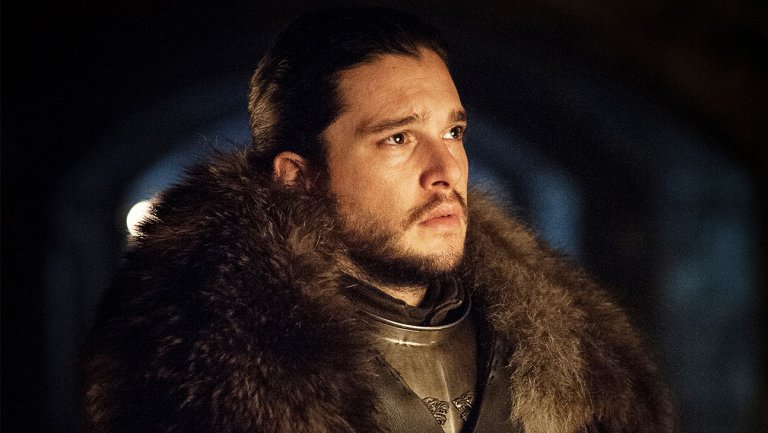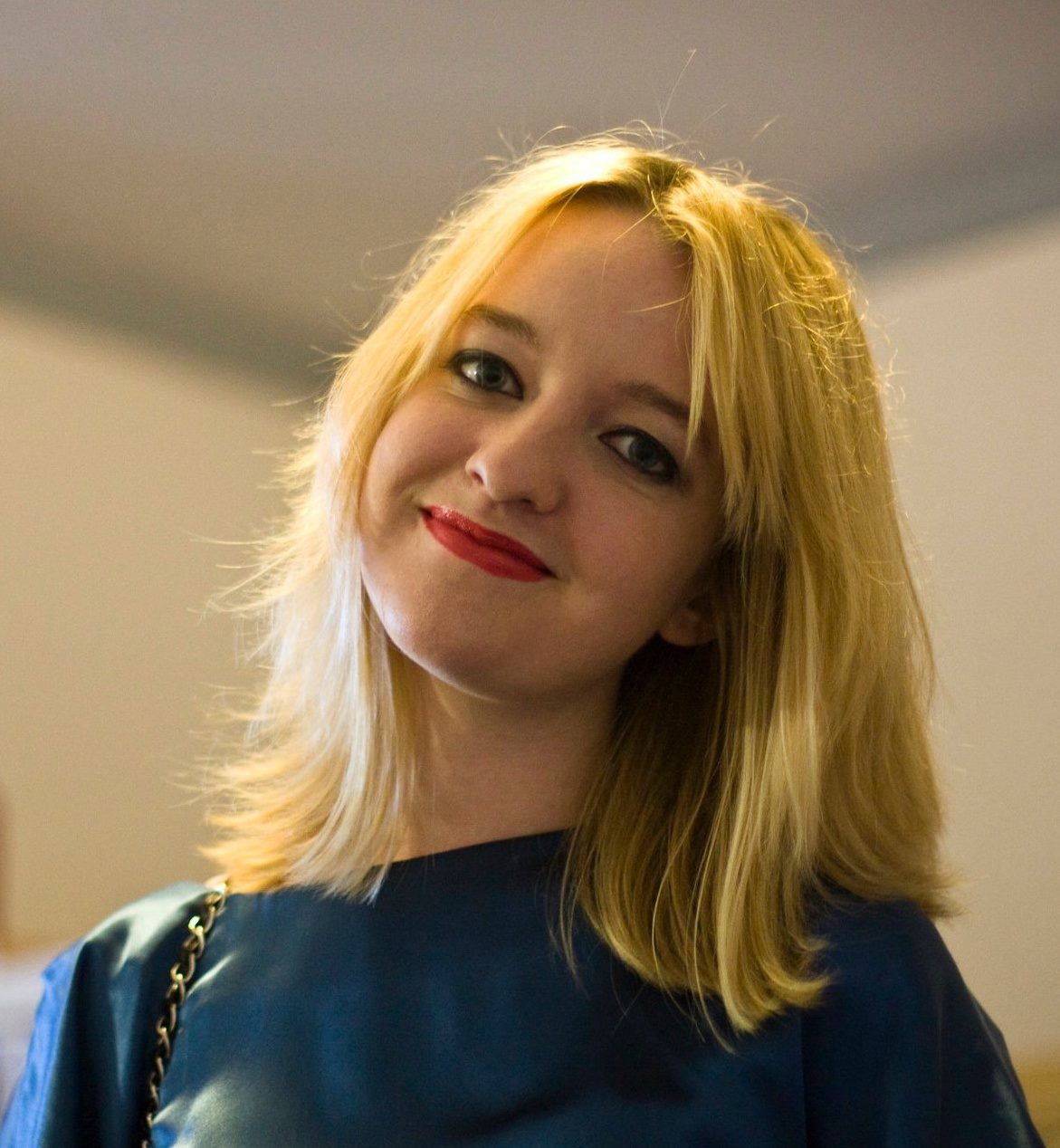Spoiler alert! This post recaps some content from seasons 1-6 of Game of Thrones, airing on Sky Atlantic in the UK. The final season airs on Monday 17 July.
“When you play the game of thrones, you win or you die.” Based on the novels of George R. R. Martin, Game of Thrones follows the lives (and deaths) of dynastic families fighting to control the Iron Throne of Westeros. The battles are epic, the alliances dangerous and the murders brutal. The setting is fictional, but the thing which every ruthless character would kill for is based firmly in reality. The ultimate prize in the game of thrones? Unlimited power.
Game of Thrones draws inspiration from medieval British history, when violent conquests saw the seat of power shift between repressive rulers. Yet, even in the Dark Ages, steps were taken towards the rule of law, not men: putting rights, not rulers, at the heart of society.
The series doesn’t just reflect our past, it also highlights human rights issues which continue to this day. Below, we look at the medieval power struggles which forged the early origins of human rights and how Game of Thrones depicts the dangers of unlimited power.
A Clash of Kings
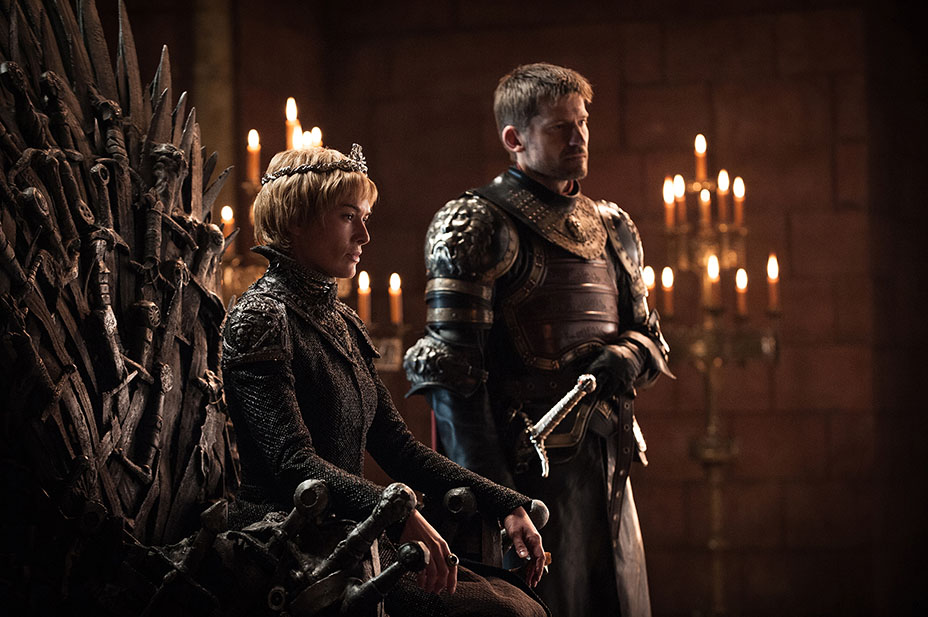
Lannister, Targaryen, Baratheon, Stark… they’re all just spokes on a wheel. This one’s on top, then that one’s on top, and on and on it spins, crushing those on the ground. – Daenerys Targaryen
Just as the Iron Throne passes between the feuding families of Westeros, the English throne was the ambition of many power-hungry dynasties in medieval times. The long-running tug-of-war between the Houses of Lancaster and York illustrates this. During the ‘Wars of the Roses’, loyalties switched between Lancastrians (symbolised by the red rose) and Yorkists (the white rose).
In the early 1450s, Lancastrian King Henry VI was in power. But madness plagued Henry VI; his noblemen turned on him and claimed the throne for his Yorkist rival. Like Jaime Lannister dispatches the ‘Mad King’ Aerys II Targaryen in Game of Thrones, it is suspected that the new Yorkist King, Edward IV, had Henry VI killed.
Edward IV died soon after, leaving his twelve-year-old son, Edward V, as heir. But Edward V and his younger brother were declared ineligible for the throne and imprisoned in the Tower of London. Their uncle was crowned Richard III and the ‘Princes in the Tower’ were never seen again… Richard III was defeated in battle by a young Lancastrian, Henry Tudor. He became Henry VII, establishing the reign of the House of Tudor and bringing the Middle Ages to a close.
The tumultuous Middle Ages (spanning 476 AD until the reign of the Tudors) demonstrate the dangers of all-powerful rulers. Only those in favour with the King were safe and there was potential for great injustice. To combat this, the nobles demanded early forms of rights protection, such as those in the Magna Carta 1215. Later documents, like the English Bill of Rights 1689, built upon these freedoms. The protections in these laws weren’t great, but the idea of rights as a check on the powerful remained and formed the basis for our modern human rights laws.
Human rights in Game of Thrones
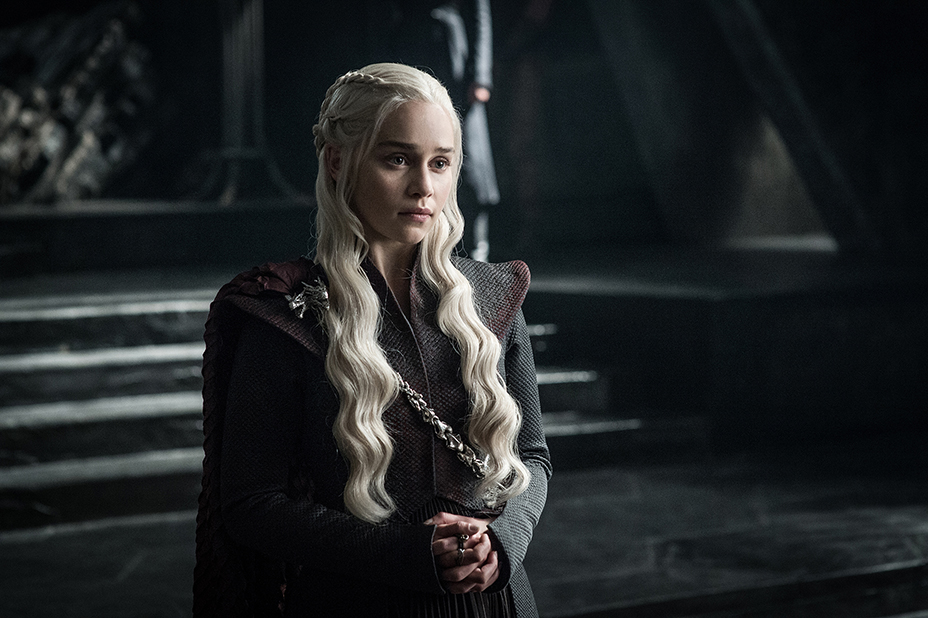
The characters in Game of Thrones will do pretty much anything to gain power, without regard for the rights of anyone in their way. Here are a few examples of human rights issues in Game of Thrones.
1. Stately assassinations
“Death is so final. Whereas life, ah, life is full of possibilities.” – Tyrion Lannister
Killings arranged by the reigning power are so frequent in the series that it’s hard to isolate just one example, but the Red Wedding, where the Lannisters plot the slaughter of several Starks, takes the cake. The right to life prohibits the State (except in some narrowly restricted circumstances) from depriving individuals of life.
2. Torture and inhuman treatment
“Everyone is mine to torment! You’d do well to remember that.” – Joffrey Baratheon
Cruelty knows no bounds in Game of Thrones, but evil takes a human form in Joffrey Baratheon. The little treasure couldn’t care less about the suffering of his people. He revels in mistreating the captive Sansa Stark and pretty much everyone else. Freedom from torture, inhuman and degrading treatment is a fundamental right.
3. Slavery
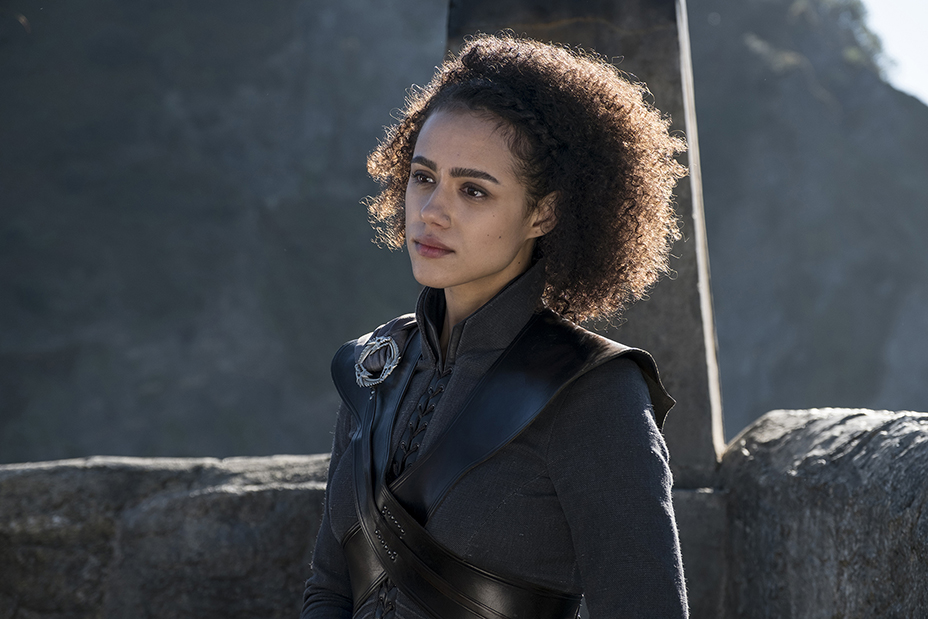
“Strike the chains off every slave you see!” – Daenerys Targaryen
Daenerys Targaryen travels to Slaver’s Bay, looking for an army to take the Iron Throne. But after witnessing the abuse of the Unsullied warriors and slaves at the hands of the Masters, she resolves to free them all. Freedom from slavery is a human right and modern slavery remains one of the biggest human rights issues of our time.
4. Unfair trial
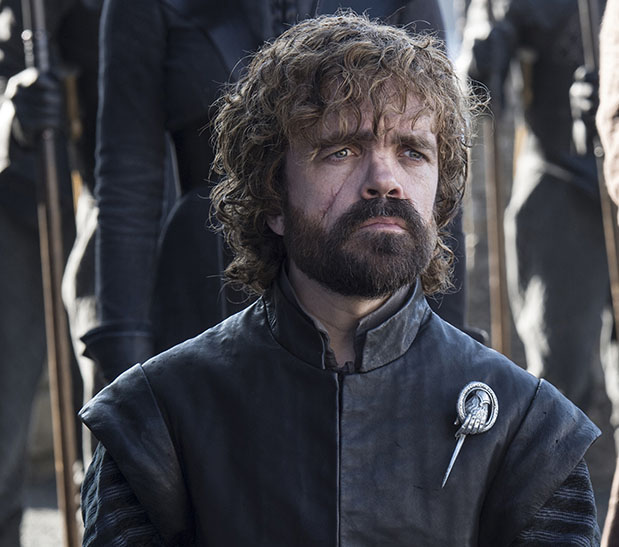
“If you want justice, you’ve come to the wrong place.” – Tyrion Lannister
After Joffrey is poisoned at his wedding, his uncle, Tyrion, is charged with Joffrey’s murder. But the trial is a sham. Witnesses against Tyrion are mostly his enemies and he is not permitted to cross-examine any of them. Worst of all, Tyrion’s father Tywin (who wishes Tyrion dead), presides as judge. Bias undermines the right to a fair trial as justice must be done and seen to be done.
5. Discrimination
“Let me tell you something, Bastard. Never forget what you are, the rest of the world will not. Wear it like armour and it can never be used to hurt you.” – Tyrion Lannister
In the feudal system, children born out of wedlock (‘bastards’) had fewer rights than ‘legitimate’ children, and this prejudice is replicated in Game of Thrones. Jon Snow is ridiculed as a bastard. Tyrion is similarly abused because of his dwarfism. In the real world, the Human Rights Court declared that children born out of wedlock should not automatically have fewer inheritance rights than children born in marriage.
Gender also plays an interesting role in Game of Thrones. Succession follows ‘primogeniture’, meaning sons are preferred in inheritance and women can only rule if they have no surviving brothers or other male heirs. This discriminatory practice only ended in the UK in 2013! Yet, there are many strong female characters. Arya Stark trains as an expert sword-fighter, who rivals grown men in combat. Brienne of Tarth and Yara Greyjoy defy discrimination. And Daenerys Targaryen brushes off suitors as she’s too busy smashing the patriarchy with dragons. Girl power.
The Rule of Law, not Men
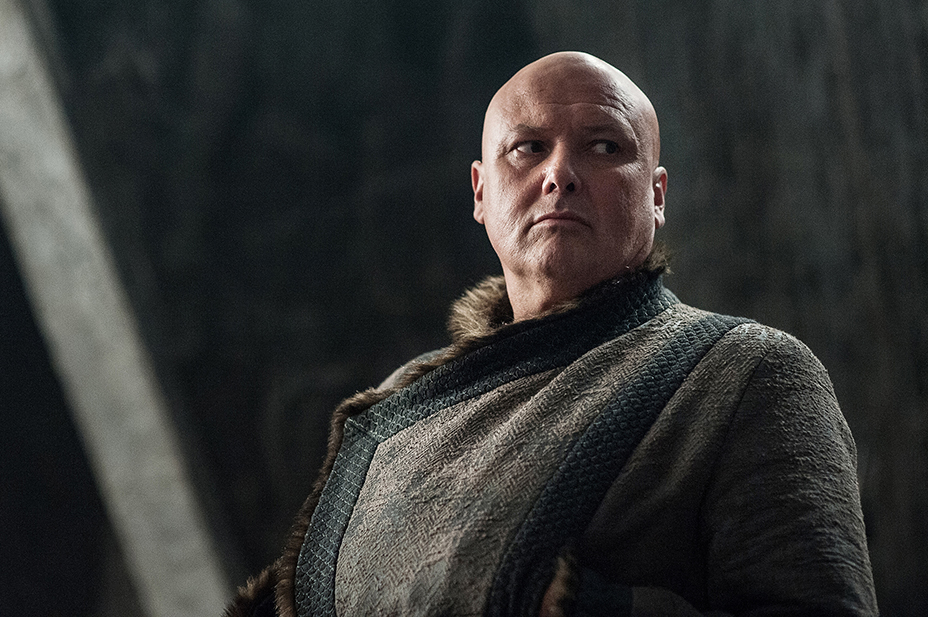
Drawing on parallels in our history, Game of Thrones depicts the cruelty and barbarism which are the real dangers of unchecked power.
Lord Varys: [We want] Peace. Prosperity. A land where the powerful do not prey on the powerless.
Tyrion Lannister: The powerful have always preyed on the powerless, that’s how they became powerful in the first place.
Lord Varys: Perhaps. And perhaps we’ve grown so used to horror we assume there’s no other way…
But there is another way. It’s a path which we began to walk in the aftermath of the Second World War, and down which we must continue to tread, to mitigate the horrors of conflict, remedy injustice, and impede all-powerful rulers. The only way to reach a peaceful, fair and prosperous world is to value human rights and protect them in law.
Want to read more?
- This article argues that Game of Thrones is about ideology and may be seen as a ‘political parable’.
- Learn about your human rights and how they are protected.
- See where human rights come from with our awesome animation.
- Read about human rights heroes in literature and another TV/human rights cross-over.

